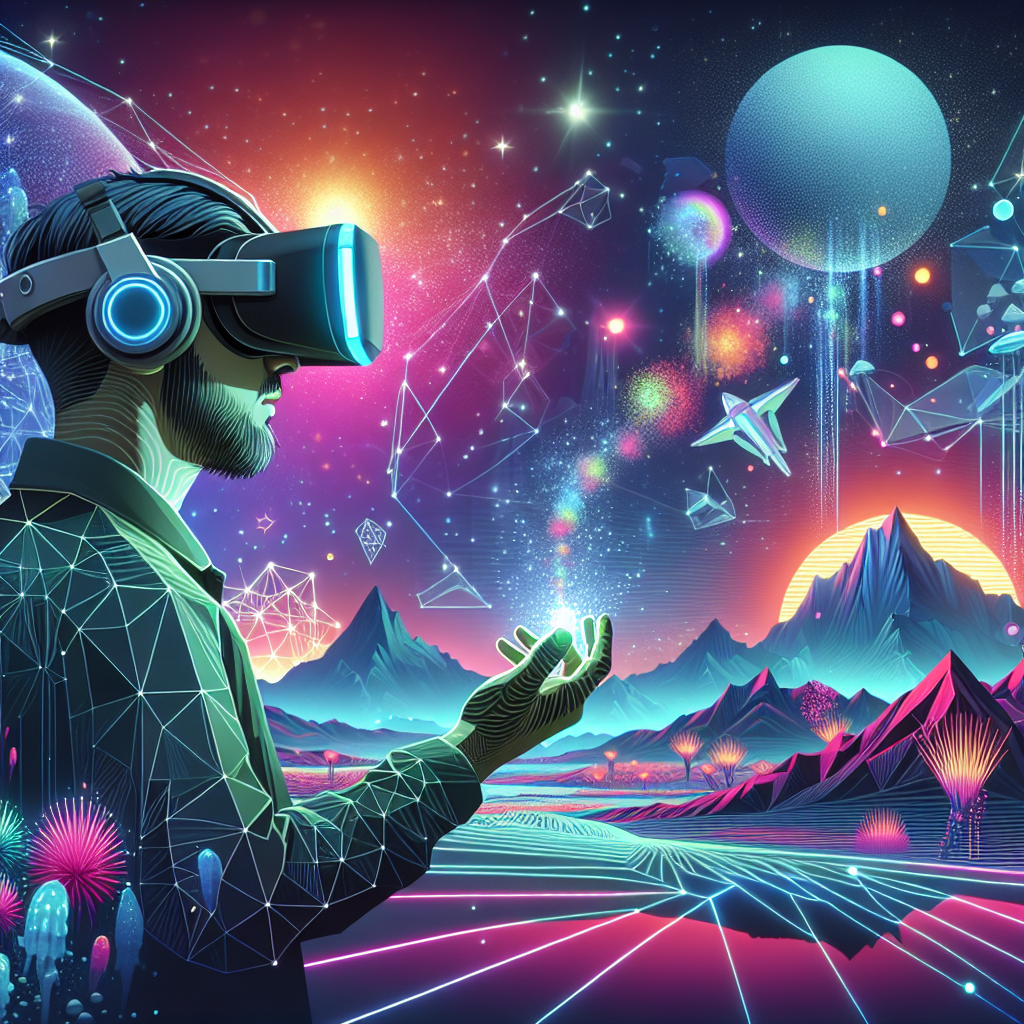
Potential Future Trends in the Music Industry
In recent years, the music industry has experienced significant changes due to technological advancements, shifting consumer preferences, and the influence of globalization. As we look towards the future, it is imperative to analyze key points and develop an understanding of potential trends that are likely to shape the industry. In this article, we will delve into some of these themes and offer unique predictions and recommendations for the music industry.
Rise of Digital Music Platforms
The advent of digital music platforms has revolutionized the way people consume and discover music. Streaming services such as Spotify, Apple Music, and TIDAL have become dominant players in the industry, offering unlimited access to vast music catalogs at affordable prices. This trend is expected to continue growing, with an emphasis on personalization and curated playlists. As AI technologies improve, we can predict that these platforms will offer even more tailored music recommendations to suit individual tastes.
Emergence of Virtual Reality in Music Experiences
Virtual Reality (VR) has gained immense popularity in various industries, and the music industry is no exception. VR technology has the potential to revolutionize live music experiences by providing users with immersive 360-degree views of concerts and performances. This trend will likely contribute to increased engagement and enhance fan experiences. Artists can explore virtual performances in unique and creative ways, transcending geographical boundaries and reaching global audiences with just a VR headset.
Integration of Artificial Intelligence in Music Production
Artificial Intelligence (AI) continues to make strides in various domains, and its impact on the music industry is imminent. AI algorithms can now compose music, mimic specific artist styles, and even produce original lyrics. As AI technologies advance, we can expect an increased integration of AI in music production. This development could potentially bring greater efficiency in creating music, facilitate collaboration between artists, and unlock new creative possibilities that were previously unimaginable.
Shift Towards Independent Music Creation and Distribution
With the rise of digital music platforms and accessible recording technologies, more and more artists are choosing to create and distribute music independently. This trend empowers artists to have complete control over their work, bypassing traditional label structures. Independent artists can self-release albums, promote their music through social media, and connect directly with their fanbase. As this trend continues to gain momentum, we can anticipate a diversification of musical genres and a rise in unique artistic expressions.
Recommendations for the Music Industry
- Invest in AI research and development: To stay ahead of the curve, music industry stakeholders should allocate resources towards AI research. Developing advanced AI algorithms and tools will allow for more significant creative exploration and improved efficiency in various aspects of music production.
- Collaborate with VR technology companies: Artists and music event organizers should explore partnerships with VR technology companies to enhance the concert experience. Offering VR live streams or virtual shows can attract new audiences while fostering a global community of fans.
- Support independent artists: Labels and music organizations should adapt their business models to better support independent artists. Providing resources, mentorship programs, and fair revenue sharing opportunities can enable greater diversity in musical creations.
- Embrace data-driven decision-making: With vast amounts of data available through streaming platforms, record labels and artists can use analytics to make informed decisions regarding music creation, marketing strategies, and tour planning. Utilizing data-driven insights will lead to more successful initiatives and better audience engagement.
“The music industry is at a crucial juncture, where embracing emerging technologies and understanding evolving consumer preferences can lead to revolutionary transformations.”
Conclusion
The future holds immense potential for the music industry, with key trends shaping the landscape. The rise of digital music platforms, the emergence of virtual reality experiences, the integration of artificial intelligence in music production, and the shift towards independent music creation are all significant factors to consider. By following the recommendations outlined above, the music industry can stay ahead of the curve and reap the benefits of these future trends.
References:
- Yarborough, P. (2018). The impact of digital music streaming on the industry. Economics
Student Society, 2018(2), 41-52. (Link) - Biswas, R. (2020). Artificial Intelligence in the Music Industry: Promises and Challenges.
IUP Journal of Organizational Behavior, 19(1), 37-46. (Link) - Alemneh, D. G., & Moberg, Å. (2020). The role of independent record labels in the digital
era: Independent labels’ strategies in a disrupted industry. Popular Music and Society, 43(1),
67-86. (Link)
